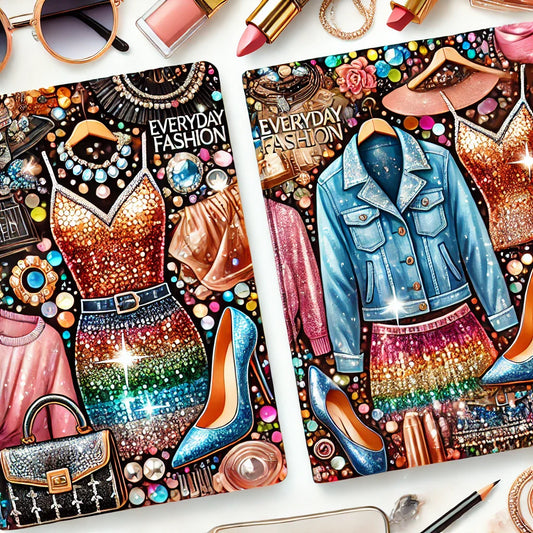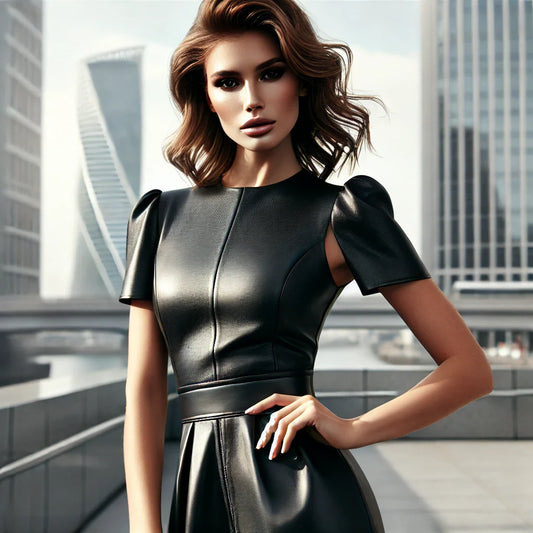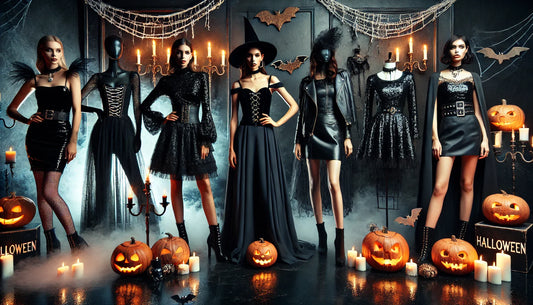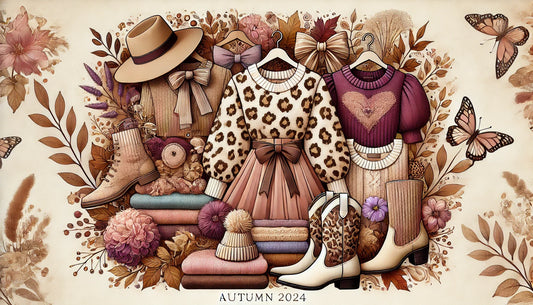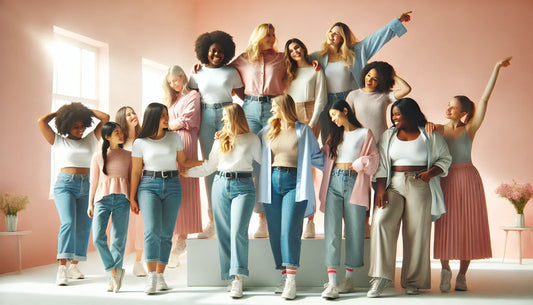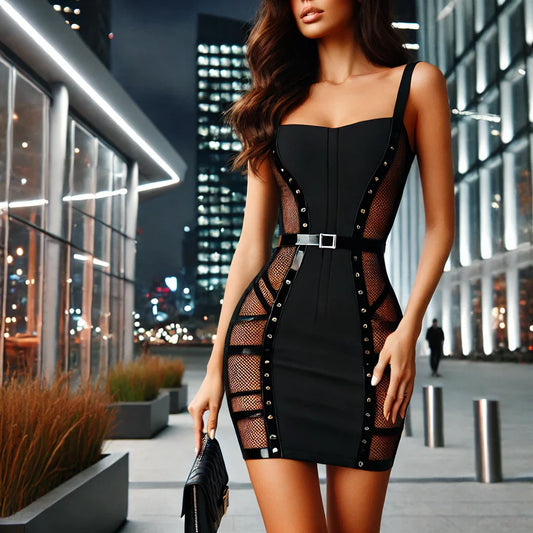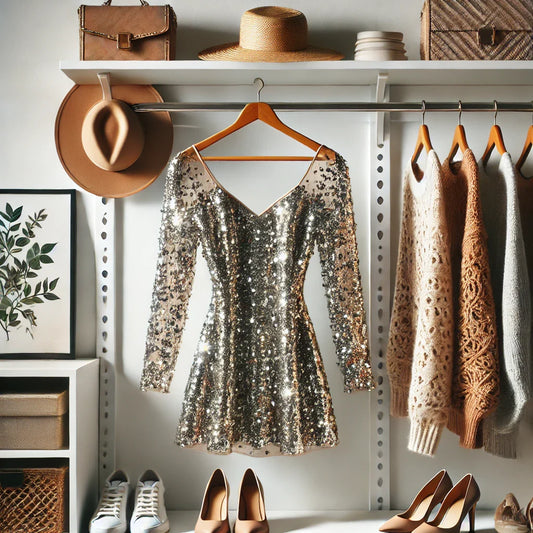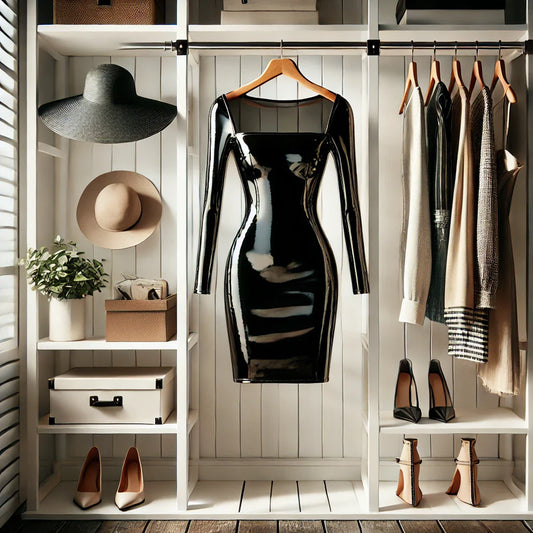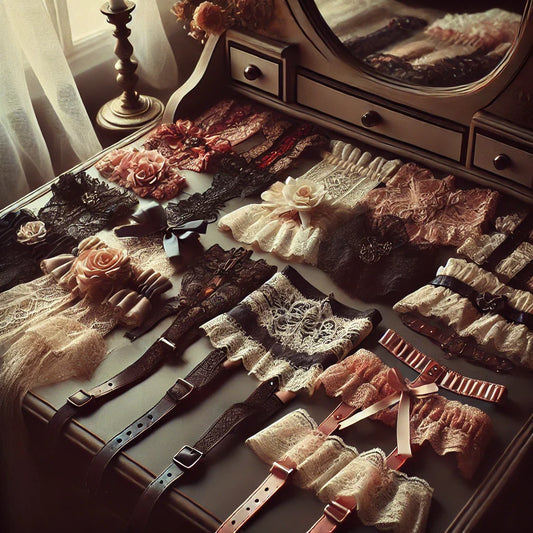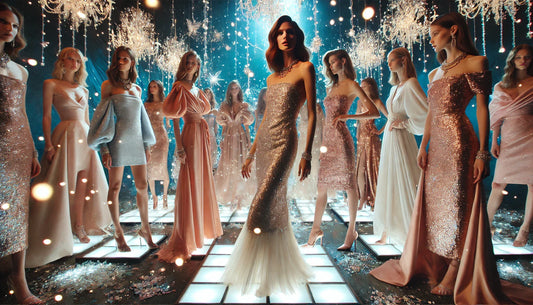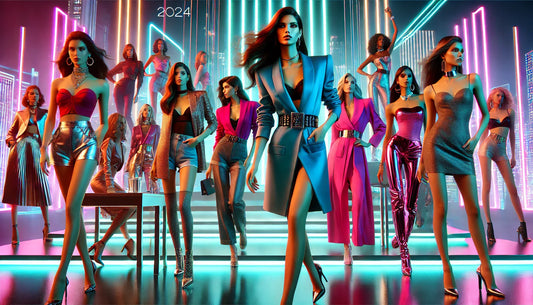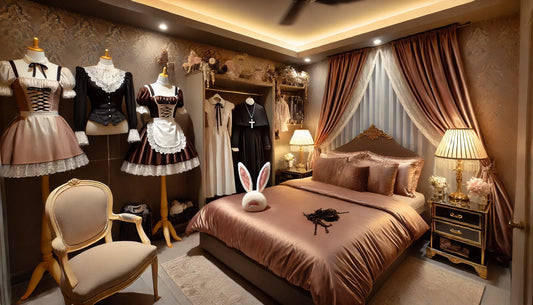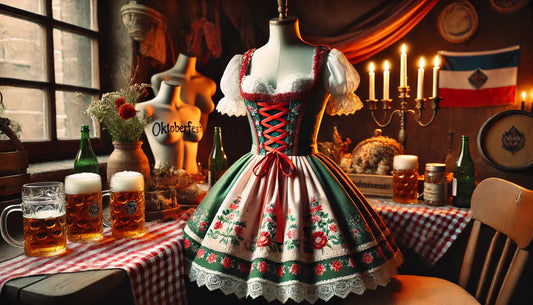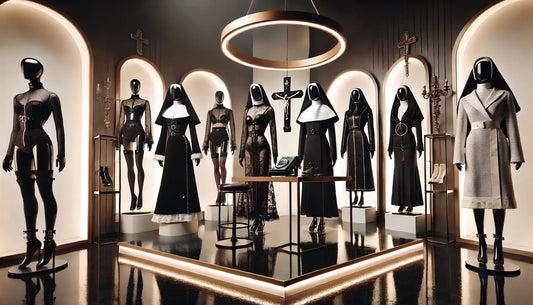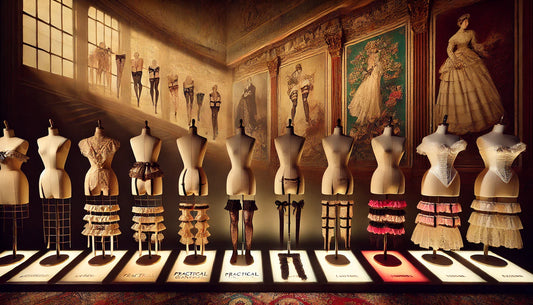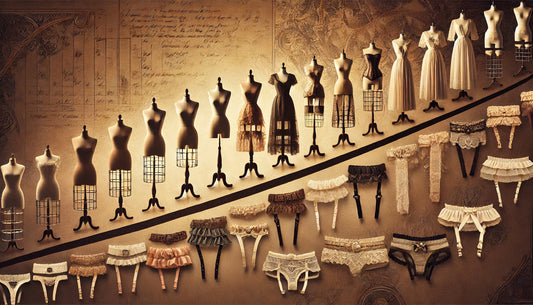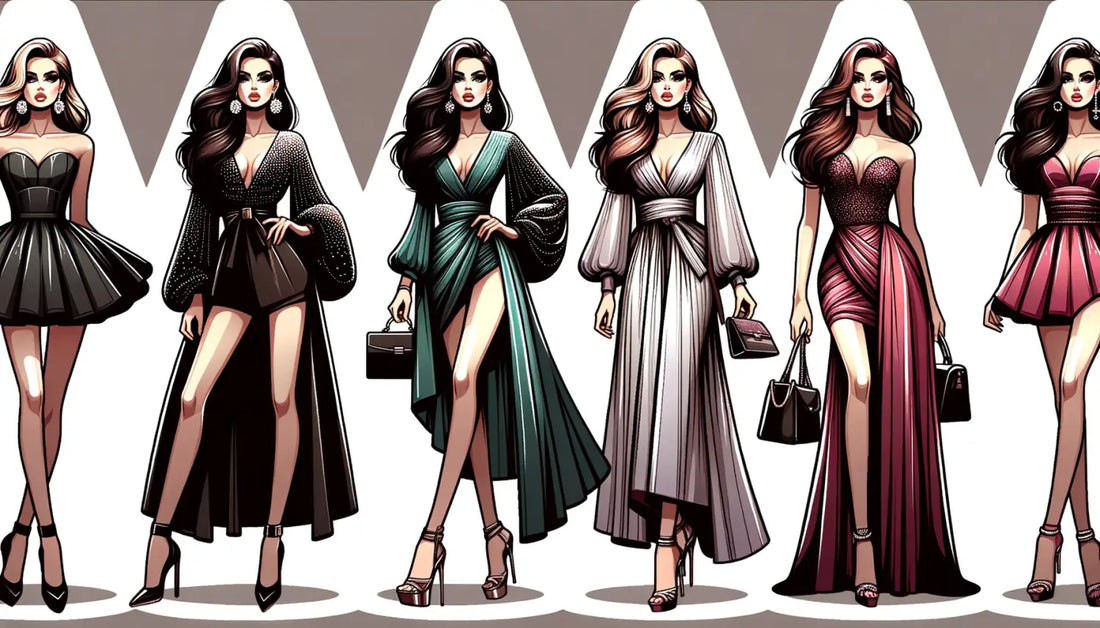
The Double-Edged Sword: Fashion Clothing's Impact on Mental Health
By Louanah
Fashion isn't merely about fabrics draping our bodies—it's an electrifying form of expression, a magnificent statement that intricately connects to our mental health. Let’s dive into the thrilling relationship between style and our psyches, peeling back the layers of what it means to dress up and dress down in a world so vibrant and diverse.
1. Why Fashion Matters:
Psychological Benefits: Our clothing choices often serve as mirrors to our emotions and inner selves. Opting for a sensuous lingerie set or donning an empowering tailored dress can significantly elevate confidence and improve one’s morale.Mood Alteration: The attire we select can dramatically uplift or dampen our spirits—a chic outfit can transform a dreary day into a runway-worthy spectacle of joy!Empowerment: Fashion offers individuals a magnificent platform to express and reinvent themselves, allowing their ever-evolving personas to shine through unique choices.Social Approval: Dressing in accordance with societal expectations can yield validation from peers, beautifully enhancing feelings of belongingness and acceptance in a diverse world.Self-Identity: Through thoughtfully curated fashion choices, individuals often discover and solidify their unique identities, allowing them to stand apart and be celebrated in any crowd.2. Human Psychology and Fashion:
Cognitive Alignment: Wearing outfits that resonate with one's self-image enriches comfort and boosts self-worth, while a disconnection can lead to unnecessary distress.Endorphin Release: For many, shopping serves as an exhilarating stress-reliever, as the thrill of snagging trendy pieces at competitive prices unleashes a torrent of happy hormones.Creativity and Expression: Experimentation with fashion ignites creativity within, providing mental stimulation that fuels inspiration and innovation.Sense of Control: In life’s unpredictable currents, selecting an outfit can grant a much-needed sense of control, establishing a structured and confident start to the day.Routine and Discipline: For some, planning outfits or following a personal fashion routine creates a sense of structure and discipline, offering daily motivation.3. Brands and Marketing:
Positive Reinforcement: A growing number of brands embrace body positivity, inclusivity, and diversity, fearlessly challenging traditional beauty standards.Influencer Impact: The rise of social media has empowered influencers to play a pivotal role in shaping perceptions, guiding fashion choices, and fostering community.Marketing Pressures: Aggressive marketing campaigns can amplify insecurities by perpetuating an unrealistic ‘ideal’ body image that often undermines mental health.Brand Loyalty and Community: Engaging with brands that prioritize quality and luxury at accessible prices fosters a deep sense of community and belonging among consumers.Sustainability and Ethics: Many are leaning toward brands that embody sustainability and ethical practices, resulting in positive mental reinforcement and conscious choices.4. Self-Esteem and Fashion:
Empowerment Through Choices: Finding the right fit can significantly boost self-esteem. A perfectly fitting bra or a stunning outfit has the potential to uplift one’s mood for an entire day.Comparison on Social Platforms: Social media platforms like Instagram often highlight “perfect” bodies clad in “perfect” outfits, leading to detrimental comparisons and potential dips in self-esteem.Celebration of Individuality: Embracing a personal style allows for the celebration of uniqueness, enabling individuals to radiate confidence wherever they go.Impact of Feedback: Compliments on well-chosen outfits deliver immediate self-esteem boosts, while criticism can spiral into feelings of inadequacy, affecting mental health.Fashion as Armor: For many, style acts as a protective shield against external judgments, instilling a vital sense of safety and security.5. Financial Implications:
Accessible Luxury: Brands prioritizing quality, style, and competitive pricing make the allure of luxury accessible to a broad audience, enriching everyday lives.Over-Consumption and Fast Fashion: The relentless desire to keep pace with fleeting trends can strain finances and induce feelings of guilt that overshadow the enjoyment of style.Investment vs. Expense: High-quality pieces may come with a higher price tag but are often perceived as worthwhile investments compared to fast fashion, deemed mere expenses.Budgeting for Fashion: Establishing budgets for fashion purchases promotes smarter shopping choices and alleviates financial stress, enhancing overall well-being.The Emotional Cost: The joy of wearing a luxurious piece may occasionally be tainted by the financial burdens it incurs, illustrating the complex interplay between fashion and mental health.6. Social Aspects of Fashion:
Bonding Over Trends: Conversations around the latest fashion trends can serve as delightful icebreakers and bonding tools, connecting people through shared interests.FOMO (Fear of Missing Out): The pressure to stay ahead of trends can trigger feelings of social exclusion, impacting mental health and overall happiness.Fashion as Social Currency: In particular circles, fashion choices can significantly influence social standing, acceptance, and identity.Cultural and Traditional Significance: Fashion often reflects and honors cultural heritage, helping individuals connect with their roots and find a sense of identity.Group Identity: Uniforms or group-specific attire can cultivate a strong sense of belonging and unity, asserting collective identity.Tips to Harness Fashion Positively:
Mindful Shopping: Prioritize items that resonate with your true self rather than simply following fleeting trends.Budgeting: Allocate a specific budget for fashion indulgences to avoid overspending and maintain financial balance.Embrace Authenticity: Choose outfits that truly reflect your personal style and bring comfort, promoting authentic self-expression.Educate Yourself: Dive deep into the ethics of brands, encouraging informed decisions that align with your values.Limit Social Media: Trim exposure to platforms that exacerbate insecurities; seek inspiration from the real world and genuine interactions instead.Conclusion: Fashion is a dazzling force, acting both as a supportive ally and potential adversary. Navigating its multifaceted landscape requires harnessing its positive aspects, embracing authenticity, and being aware of its potential pitfalls. Ultimately, fashion should empower us to express our unique selves, not overpower our confidence or mental well-being.

